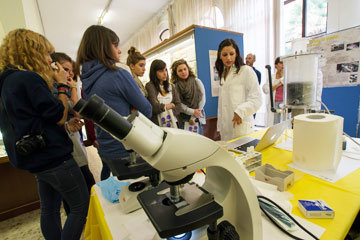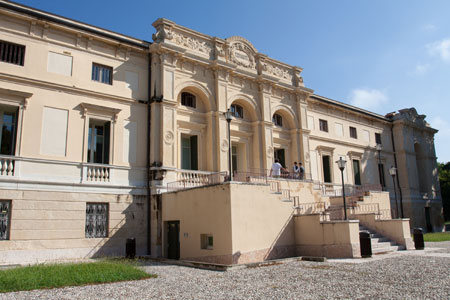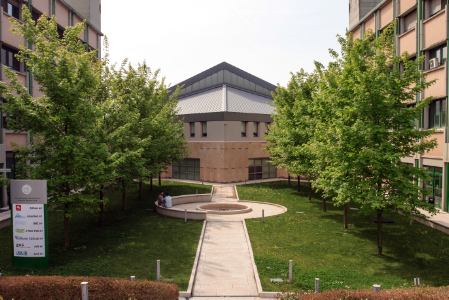Learning outcomes
Module: FISIOLOGIA DEI SISTEMI COMPLESSI
-------
The course will attempt to provide the student with the methodological skills as well as with basic knowledge in the field that will be the necessary and sufficient tools for the deep understanding of some complex systems in the Physiology of the human body, with special emphasis on themes within the realm of neurophysiology. Instead of pursuing a systematic coverage of all physiological systems and apparatuses, the course will privilege the critical analysis of a few of such systems, so to expose the student to an approach more closely related to scientific investigation within this area of science.
Module: ELABORAZIONE DEL SEGNALE
-------
During the course we will examine the main methods for data collection and signal processing used in basic and applied physiological research, as well as the theoretical reference models. With particular regard to the domain of cognitive neuroscience, we will consider different experimental contexts and for each some real study cases will be discussed.
Syllabus
Module: FISIOLOGIA DEI SISTEMI COMPLESSI
-------
Program of the course:
- Basic aspects of the physiology of the nervous system, including properties of excitable membranes, the nerve cell, the resting potential, the action potential, the synapse, the neurotrasmitters
- The visual system
- The auditory system
- The motor system
- Segmental and suprasegmental control
- The basal ganglia
- The cerebellum
- Eye movements
Module: ELABORAZIONE DEL SEGNALE
-------
Instruments and methods of investigation:
• Mental chronometry
• Psychophysics
• Electrophysiology
• In vivo visualization of neural activity
• Neuropsychology
• Invasive methods
Applications of these methods within cognitive neuroscience:
• Normal, clinical and developmental psychophysiology
• Superior mental functions (perception, attention, memory, language and motor control)







